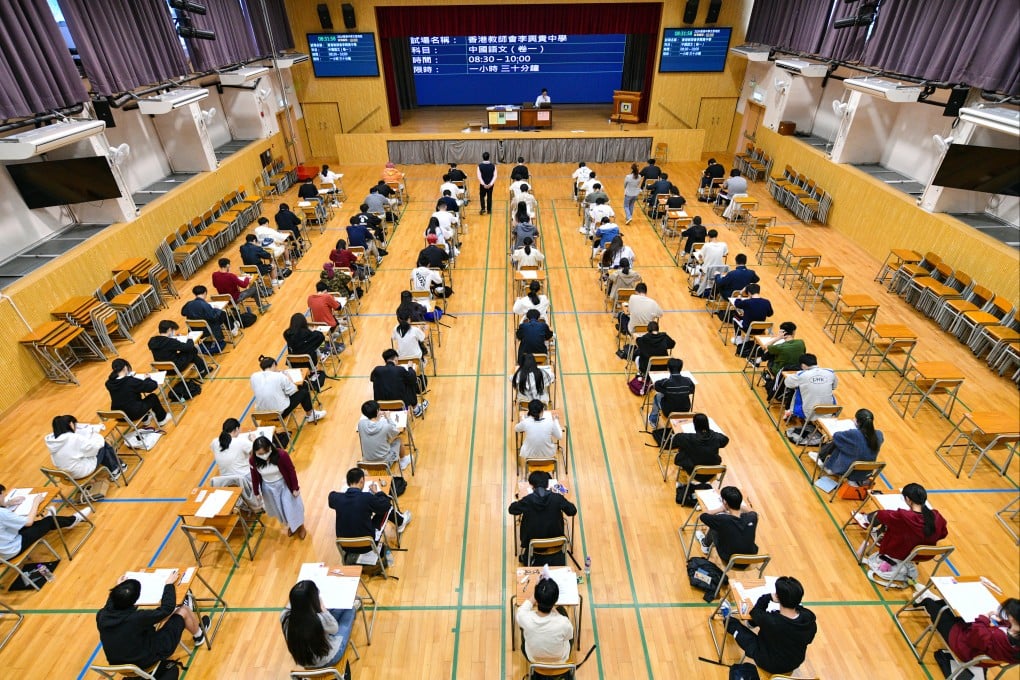Letters | Yidan Prize laureate shows the power of digital education
Readers discuss the two lessons for Hong Kong educators, elderly couples renewing their marriage vows, sexual harassment at music festivals, and improvements for weather service

Feel strongly about these letters, or any other aspects of the news? Share your views by emailing us your Letter to the Editor at [email protected] or filling in this Google form. Submissions should not exceed 400 words, and must include your full name and address, plus a phone number for verification
The Can’t Wait to Learn programme team, one of two Yidan Prize laureates this year, exemplifies how technology can transform education in under-resourced regions by co-creating personalised learning content with students. Professor Mark Jordans, Marwa Zahr, Luke Stannard and the rest of the team from the international humanitarian organisation War Child Alliance were recognised for their efforts in widening educational access for over 205,000 marginalised children.
Their accomplishments offer two important lessons for local educators. The success of Can’t Wait to Learn largely comes from its alignment with the local curricula, ensuring that technology enhances rather than disrupts educational pathways. In Uganda, for instance, displaced children were able to catch up to their age grade level and achieve recognised qualifications through educational games on tablets, a method that seamlessly integrates learning with technology.
The second lesson emphasises the importance of data in educational innovation. Under the guidance of Jordans, the Can’t Wait to Learn team has used robust data collection to show the effectiveness of their interventions, with research suggesting noticeably girls learn better than boys using the technologies in Chad.